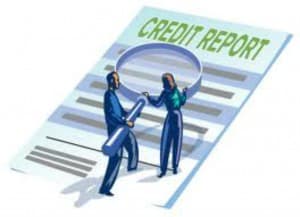 One of the things that seems to confuse many people when it comes to the bankruptcy process is “surplus income”. It’s hard to wrap yourself around the concept of surplus income when you are considering or are involved in a bankruptcy. Can you really have surplus income if you’re bankrupt?
One of the things that seems to confuse many people when it comes to the bankruptcy process is “surplus income”. It’s hard to wrap yourself around the concept of surplus income when you are considering or are involved in a bankruptcy. Can you really have surplus income if you’re bankrupt?
What is surplus income? Surplus income in a bankruptcy refers to an amount that a bankrupt must pay to the Trustee monthly. It is part of the goals of the Canadian insolvency system that balances the elimination of debt with the rights of creditors to be paid. To allow Canadians to maintain a reasonable standard of living during the bankruptcy process, the government has set thresholds or guidelines on net earnings (after taxes and deductions) intended to allow a bankrupt to maintain a reasonable standard of living during the bankruptcy process. The Office of the Superintendent of Bankruptcy sets the threshold limits each year and these limits are indexed to inflation.
How are surplus income payment amounts calculated?
Surplus Income payments are calculated based on a prescribed formula set by the Federal Government and applies across Canada, with no distinction for the region a person lives in. To find out what your surplus income is, contact your Trustee.
Surplus Income thresholds are based off of nationwide “poverty line” statistics and the thresholds are fixed regardless of what the cost of living may be in your region. Although the dictionary definition of “surplus” is excess or leftover, Surplus Income has nothing to do with what you have left over every month in your budget. It is a government formula that looks at only your income, certain non-discretionary spending and your family size, and imposes a duty to make a payment to your trustee.
There are many questions people have when contemplating bankruptcy. If you are in financial distress, contact Ira Smith Trustee & Receiver Inc. We will make sure that you have a clear understanding of every step of the bankruptcy process and alternatives to bankruptcy. Also check out our bankruptcy faqs. Starting Over, Starting Now you can take your first step towards living debt free life.


